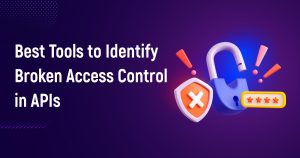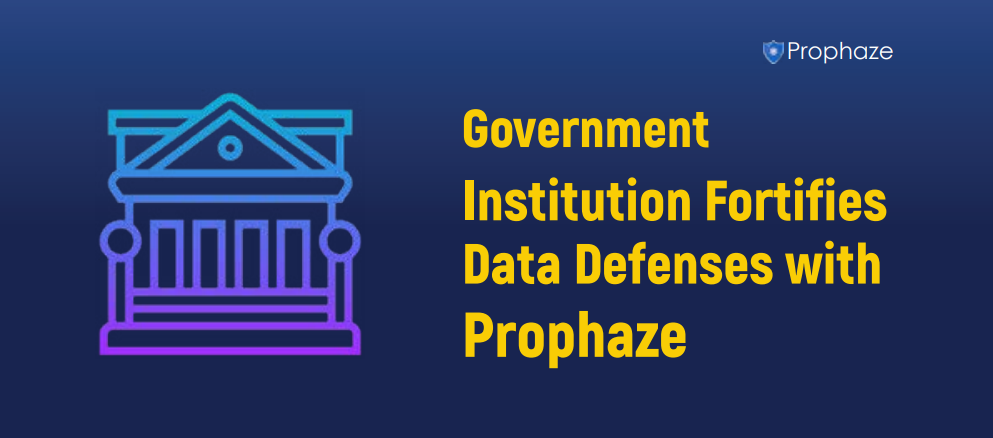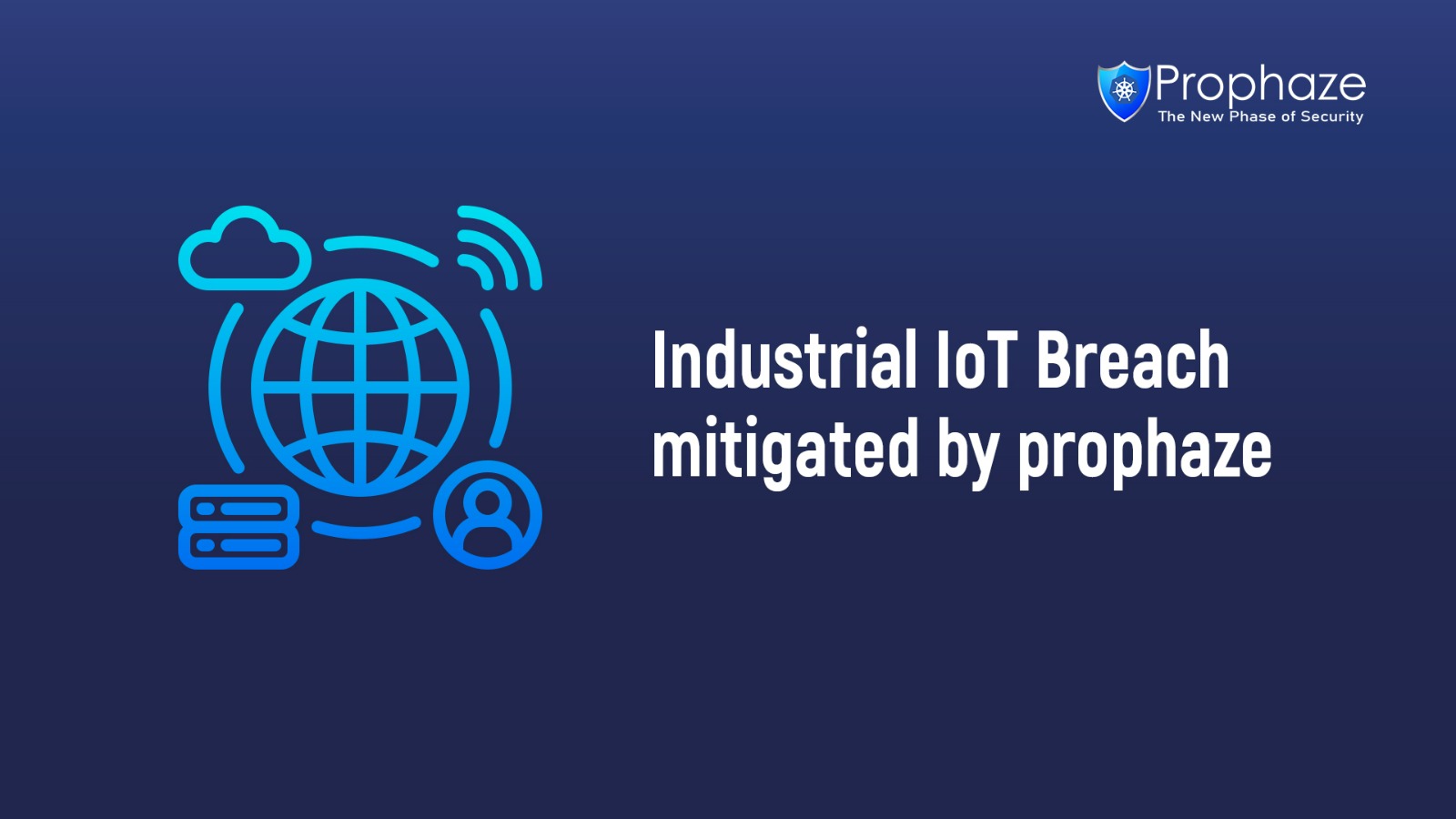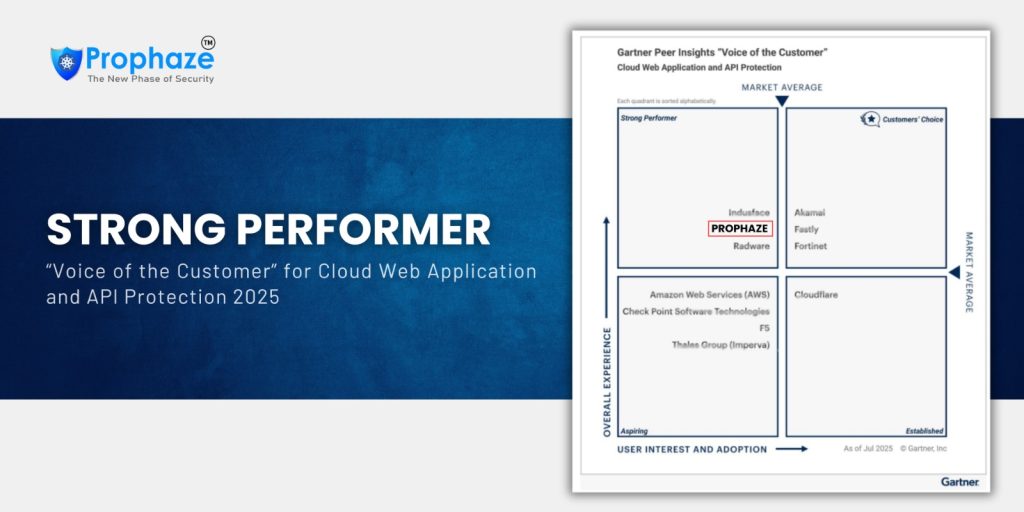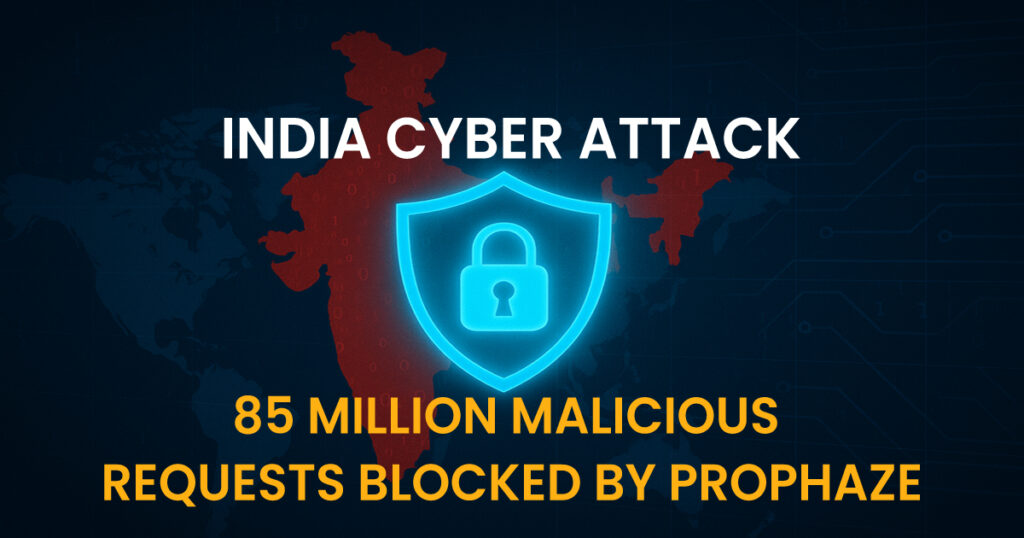API Security is a vital part of securing your IoT devices. It protects data during the transmission process from one device to another. It also detects potential threats and vulnerabilities that could compromise the API. The IoT security process ensures that only authorized devices communicate with the APIs. This ensures that your IoT devices are secure and your data stays private.
This article explores the importance of IoT API security.
IoT API Security – Significance
- Provides Authentication, Authorization, and Integrity
IoT API security prevents unauthorized access to the data from an IoT device. IoT API security can be achieved by implementing a set of secure coding practices and utilizing a variety of testing tools. In addition, you can use a combination of UI and machine learning to help detect and resolve potential threats to your API. You can also use IoT API security to secure your payments and identify fraudulent activities.
- Offers a Firm and Well-Encrypted Infrastructure
Moreover, a strong authentication infrastructure is required for IoT devices. Since IoT devices must constantly communicate with cloud infrastructure, session cookies are impractical. Therefore, a robust primary key infrastructure is essential. A robust primary key infrastructure will enable you to protect your devices against malicious hacking. It will help you prevent any potential threats to your IoT devices. You can also protect your data by implementing a robust authentication scheme.
- Protecting IoT with API Security
With the growing use of APIs for all kinds of devices, it is important to protect IoT with API security. While most security vendors address IoT, they often overlook security risks associated with APIs. To protect IoT, the first step is to understand what your devices are doing and how to secure them. By understanding what your devices do, you can make sure that you are not putting your devices in danger.
- Communication without Threats
If you want to protect IoT, it is important to use API security. This allows connected devices to communicate securely and safely with each other. The next step is to assess the frequency of use and the number of devices on the network. After assessing the frequency of use, your solution should consider IoT security threats. This process should be able to prevent any potential attacks. If your system requires third-party handling of data or has an open API, it is best to look for a solution that does not rely on human interaction.
- Security from Outside Attackers
In addition to ensuring that data is encrypted, API security also protects data from outside attackers. When designing an IoT application, the developers should think about the security of their applications. If they can create an API with strong encryption and access controls, then they can protect their devices from external attackers. For instance, hackers can engineer the API to return sensitive information, which can be used to carry out DDoS attacks.
- Safekeeping Integrity of Data
When creating an IoT platform, it is important to think about API security. API security is essential for securing the integrity of data. The APIs connect IoT devices to remote services. The remote APIs will provide a secure connection on an open network. In the event of a breach, you will be able to detect and respond to it quickly. It will help your organization to protect data and prevent threats from invading its systems.
- Preventing Malicious Activities
A well-built API security strategy will help you protect IoT devices from cyberattacks. A WAF is an important part of this strategy. In the instance of an attack, it is imperative to implement a robust API security policy. A WAF will protect your IoT devices and ensure that your customers are protected. An API-aware WAF can prevent attacks by preventing malicious actors from accessing your IoT.
- Mitigating IoT Risks
The API security team must know the specific risks associated with each API. For example, APIs used in IoT applications should be tested for vulnerabilities. This will protect you against attacks from external entities. However, APIs can also be vulnerable to other threats. A good API management solution will keep your device safe. It can also mitigate your APIs from being hacked.






